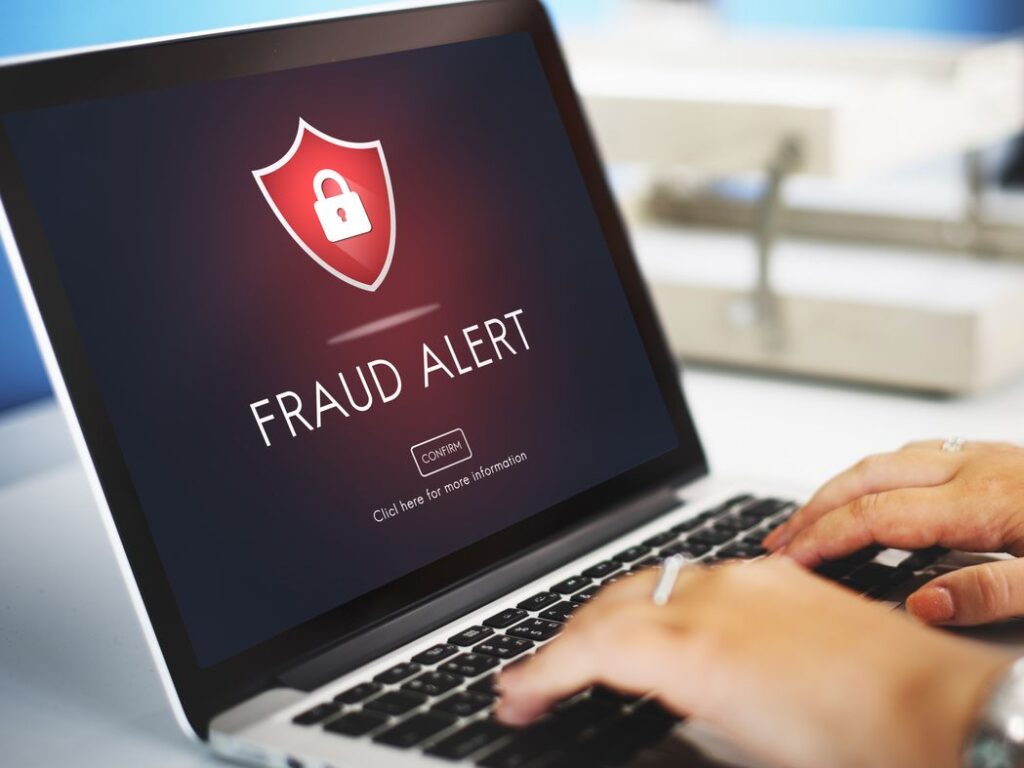It may not surprise you that 2020’s tumultuous changes have led to significant new business practices, particularly remote work situations and work-from-home setups. More remote work solutions are being used to get around social distancing and lockdown issues created by COVID-19 – and they’re expected to last long after the virus is gone.
But remote work also has its own set of risks, and employers are especially concerned with their employees taking time off on the company dime – or even refusing to go back to work when the company opens back up again. For more high-paying positions or jobs with lots of responsibilities, employers may be willing to hire a PI to make sure that “remote work” has the right amount of “work” in it.
Your firm may have already started getting calls about these situations, but we wanted to dive in a little deeper and explore just what you can expect from work-from-home fraud
Remote Work and Company Time
In most cases, remote work fraud is similar to past cases of employee fraud – such as employee insurance fraud regarding injuries that aren’t quite as serious as they seem – except they involve how company time is used.
When employees are not supervised and only have to check in digitally with their teams once or twice a day, there is a lot of room for slacking off, not performing required duties, and ignoring responsibility. To terminate an employee expected of doing these things in a remote work situation, an employer needs some evidence, which is hard to gather when no one is meeting at the office anymore. That’s where PI firms come in.
As you can imagine, these jobs involve significant surveillance and tracking, so it’s important to focus on these skills when creating a plan with new clients. Let’s go over a few more common situations with these fraud cases and what PIs are finding.
Issues with Getting Back to Work
Some employers may be particularly interested in investigating employees that refuse to come back to work, citing that they are frightened of potentially catching a virus or obeying local lockdown orders against employer wishes. This may also involve some unemployment benefits fraud if the employee has been refusing to come to work but is also taking unemployment checks.
It’s important to be very accurate in these cases. Keep track of current state and local requirements for masks, social distancing, crowds, and indoor spaces (stay constantly updated, because these requirements can change from day to day). See if employees that claim they are frightened or just following rules are obeying these requirements, or only using them as an excuse.
Employee Movement and Travel
Private investigators should also look for signs that the employee is traveling or preparing to travel. In some situations, employees use remote work and lockdown concerns to stay away from work while actually planning their own vacations. PIs can gather evidence of this if they can find data on employees packing, buying tickets, arranging for house sitters, and – of course – jumping on a flight.
Employee Behavior in Public
Surveilling employees in public can also yield valuable information. We already mentioned keeping an eye on whether or not subjects use masks and practice social distancing. But people can give themselves away in other ways, too. For example, PIs may be able to capture evidence of employees visiting bars, going to concerts, and attending public gatherings like church services that show they don’t actually have any fear of public contact, but are using it as a convenient excuse.
Employee At-Home Activities
In other situations, monitoring at home activities may also be necessary when gathering evidence. Employers may be interested in proof that employees are spending their time on personal projects rather than the remote work responsibilities they are supposed to be doing. In one case, an investigator found an employee working with a team of 16 people building an outdoor pool instead of working.
If an employer can show that employees are doing personal activities like this while, at the same time, refusing to fulfill their work duties, they have a good case for lawful termination.
However, remember that trespassing rules and privacy laws still apply. PIs should record data carefully without violating these rules, keep their distance, and stay in public spaces.
How Domestic and Employer Investigations May Dovetail
Remote work situations also change people’s habits and frequently give people more time alone. It’s no surprise that, in some areas, this is also leading to a rise in domestic investigations. Spouses may be more worried that their partners are cheating than usual or are curious about other activities they may be involved in during lockdown situations. As you prepare for more remote work fraud, keep in mind that you may be seeing a corresponding rise in domestic cases – and for similar reasons.
Final Notes: Remember to Market Your Experience with Fraud
Take advantage of this rise in cases by making it clear that your firm has experience in employee fraud, and that you have all the tools necessary to gather important evidence. Display this experience prominently on your website, mention it on social media if you have an account, and include it in any flyers or emails you send out. You can even think about setting up a referral program with clients that you have helped with similar issues in the past!






